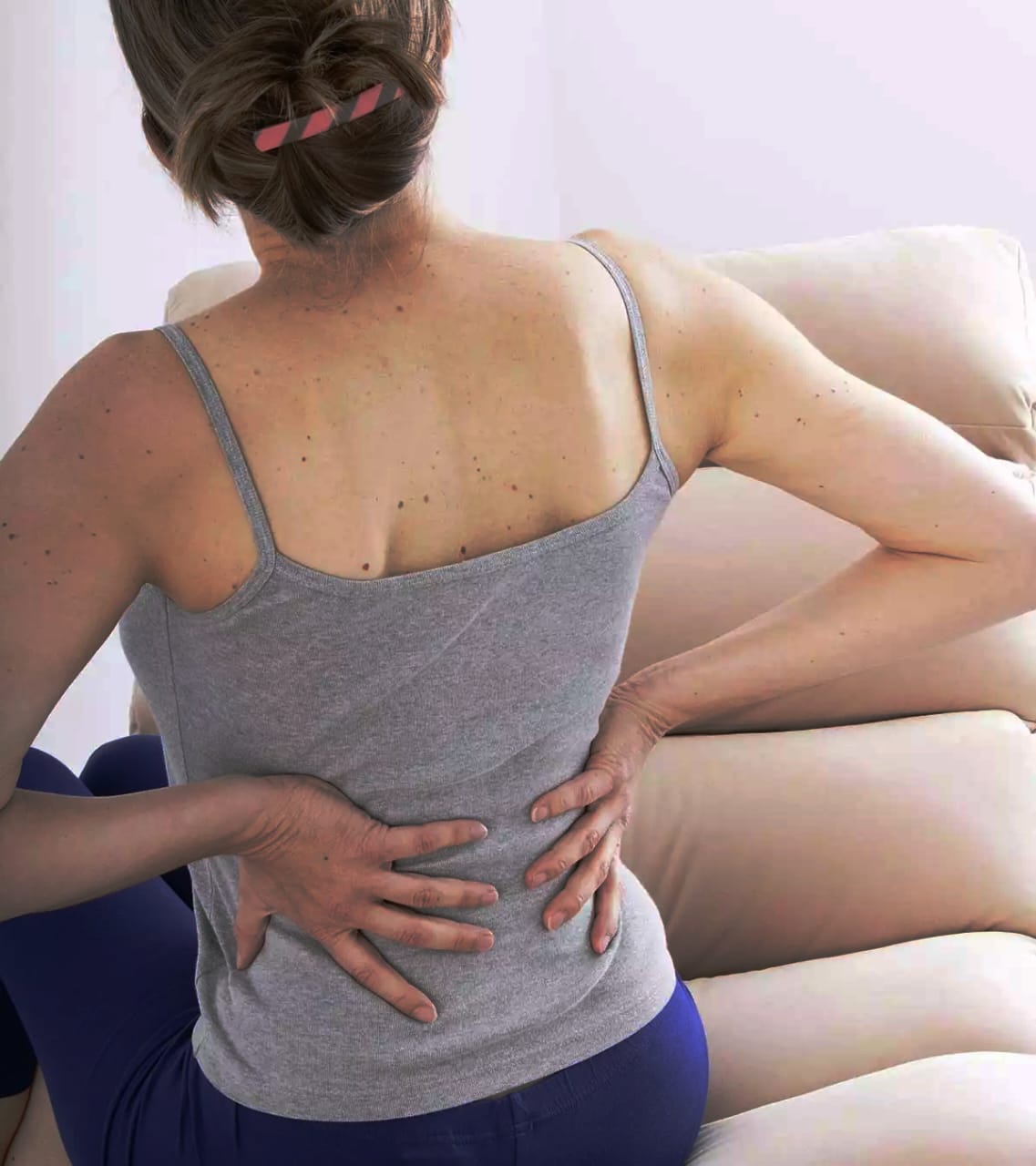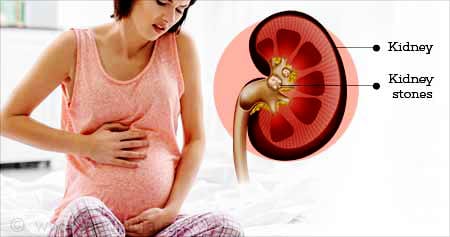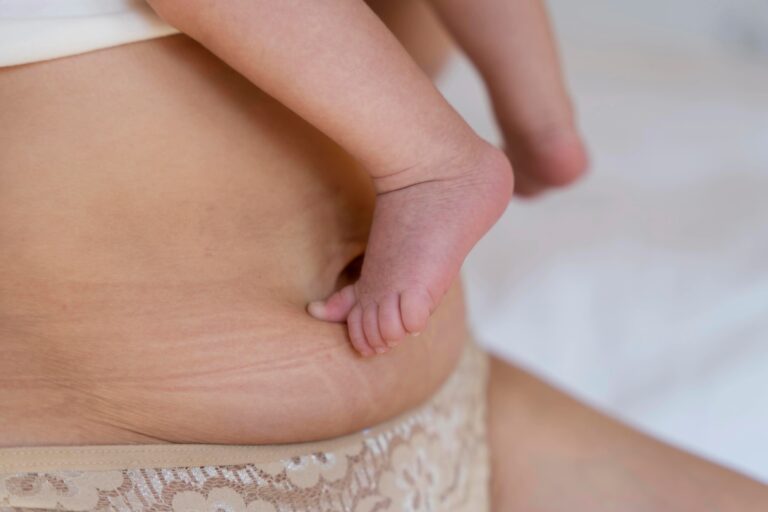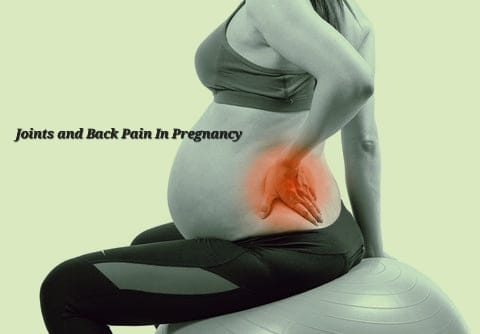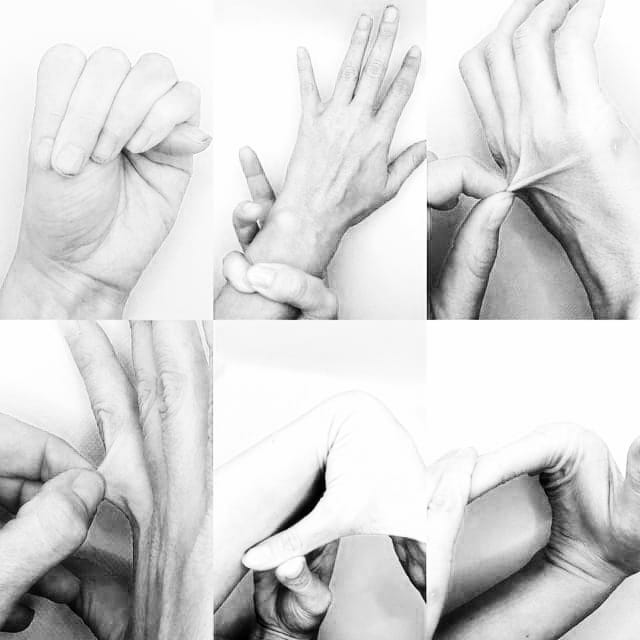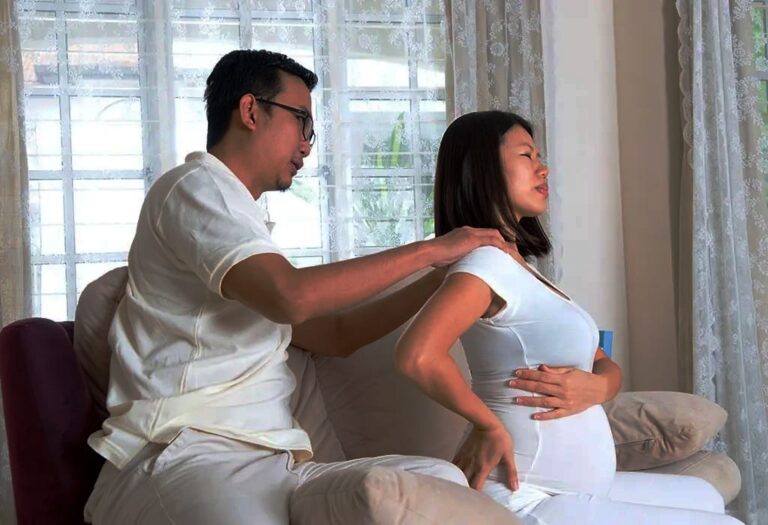Postpartum Back Pain
It is common for postpartum women to feel stiffness and pain in their lower back. It’s okay if this pain interferes with caring for and carrying your newborn.
It is quite common to experience back pain after pregnancy, especially in the lower back. According to research, this pain lasts for three to six months after childbirth in twenty percent of women. Another possibility is back pain after a C-section: Your core muscles may be weaker as a result of the fact that you’re moving less because recovery from a C-section usually takes longer than a vaginal birth. It takes time.
After delivery, you may experience strain on your tailbone or lower back due to activities such as lifting your infant, cradling them in their crib or bassinet, bending over in strollers and car seats, and bending your back to breastfeed. Pain may be felt in the upper part.
Causes of Postpartum Back Pain
Pain in your lower back during pregnancy can be caused by a number of changes your body undergoes during the nine months of pregnancy. After birth, the effects of these changes take time to wear off. Also, you may experience soreness in your tailbone after labor or upper back pain after childbirth.
Postpartum back pain can often be caused by the following:
The pelvic ligaments become more flexible and the joints become less stable due to pregnancy hormones, especially relaxation, which can affect the lower back. Extra weight gain during pregnancy increases the pressure on the spine. Due to the changing center of gravity caused by the growing belly, a woman may experience lower back strain from altered posture. The “six-pack” muscle, the rectus abdominis, can stretch along the medial suture as a result of the growing uterus, a condition called diastasis recti that can exacerbate back pain. Back strain can result from physical exertion and positions involved in labor and delivery.
Prevention and Management
- Gentle Exercise: Strengthening your back and abdominal muscles can be achieved with regular, moderate exercise. Good exercises for pregnant women include swimming, walking and yoga.
- Massages: A professional massage or massage from a partner can be a great way to help relieve back tension. Additionally, when navigating your postpartum phase, it’s important to take care of yourself and give yourself the much-needed alone time.
- Posture Awareness: Pay attention to how you sit and stand. Avoid sitting for long periods of time and use back-supporting seats.
- Physical Therapy: A physical therapist may prescribe a special exercise regimen to strengthen the abdominal and back muscles.
- Proper Lifting Technique: Lift heavy objects with your legs rather than your back. Avoid twisting while lifting.
- Heat and Cold Therapy: Depending on the affected area, applying heat or cold packs can help reduce pain and inflammation.
- Supportive Shoes: You can maintain proper posture by wearing shoes with moderate heels but not too high.
- Medication for Pain Relief: Talk to a health care professional about appropriate pain relievers to use during and after pregnancy.
When to Seek Medical Advice
It is important to seek medical help if your back pain is severe, chronic, or accompanied by other symptoms such as fever, numbness, or weakness in your legs. A medical professional can help identify the source of the pain and recommend the best course of action.

